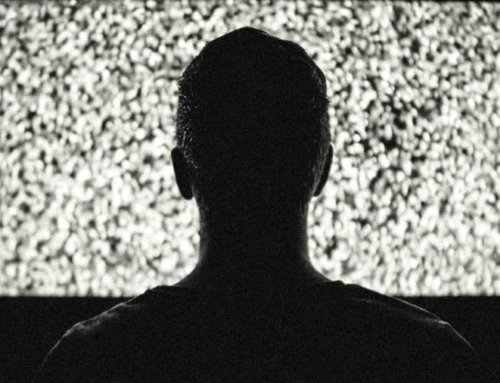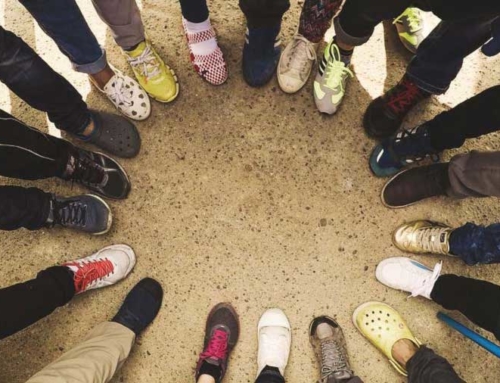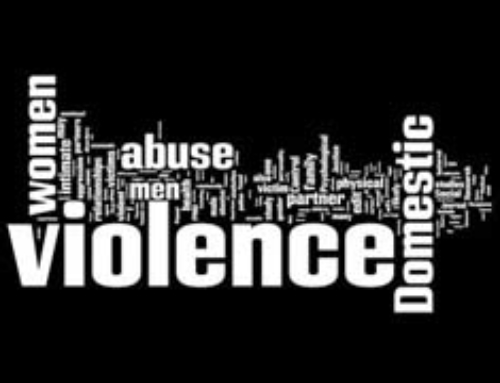Habeeba Husain
News broke recently regarding the brutal killing and dismembering of The Washington Post journalist Jamal Khashoggi. With each day, the public learned about who, what, when, where, and why…even though none of it seemed to make any sense. There was yet another shooting targeting Black Americans at a local grocery store. As I write, there are suspicious dangerous packages being intercepted at post offices addressed to the homes of people who disagree with the current American presidential administration. That is only the news cycle in the United States for one week.
Ongoing oppressive tragedies occur in nations like Yemen, Syria, Palestine, Burma, and China to name a few. We look from afar wondering if there is anything we can do when the next natural disaster strikes our coastal states and islands around the world. People are dying in car accidents, from drug overdoses, and as a result of suicide. Everywhere we look, there seems to be only bad.
And unfortunately, that is only what is happening “on the outside.” People suffer in their own homes, and even in their own minds. From physical ailments to the loss of life, from financial instability to abusive relationships, the lists for some people seem to never end.
It is understandably easy to fall into a deep hole when witnessing all of the unfortunate realities around us. A positive change seems hopeless. What can help a person through such dark times?
In the Quran, Allah tells us this world, albeit a tremendous blessing, is a place of trial. “And We will surely test you with something of fear and hunger and a loss of wealth and lives and fruits, but give good tidings to the patient, who, when disaster strikes them, say, ‘Indeed we belong to Allah, and indeed to Him we will return’” (Q. 2:155-156).
These hardships that occur are tests for us, and in the face of them, we must be patient realizing they are temporary by the sheer reality that the world itself is temporary. The end of the quoted verse above is a phrase Muslims say upon hearing of someone’s death. The verses continue, “Those are the ones upon whom are blessings from their Lord and mercy. And it is those who are the [rightly] guided” (Q. 2:157).
Additionally, the Prophet (peace be upon him) said: “No Muslim suffers weakness, illness, worry, sorrow, vexation, or gloom—even the thorn that pricks him—without Allah thereby expiating some of his misdeeds” (Bukhari). Essentially, even in the worst of the worst, there is some good that comes to us from it whether we are able to see it or not.
While Islam encourages people to tackle calamities with patience, that in no way means to be a bystander in the face of oppression. If a person is stuck in an abusive relationship or dealing with something like depression, they most certainly should seek help from imams, counselors, and therapists. When tragedy hits a foreign nation, Muslims should look to help with their resources whether that be time or money. At the local and national levels, they can vote for those who have the interests of the oppressed instead of the oppressors at heart. These things may seem minute, but Islam emphasizes doing good, no matter how small. Allah takes account of all things, and as such, even the smallest good we do can snowball into something much grander.
Lastly, we must not ever lose hope. Allah encourages us in the Quran that with every hardship, certainly there is ease. No matter how bleak outcomes look at a certain point, Muslims are told to never lose hope in Allah. Instead, turn to Him, supplicate, do your due diligence, and trust that everything happens according to His will and He knows best.
Pray today and every day for peace in this country and in this world, tranquility and ease for all those suffering, and ongoing sustenance for those doing well. May God allow us to put our trust in Him and be of those who stand up against oppression while never forgetting He is truly the one in control. May He protect us from hardships and tragedies and keep us in a constant state of thankfulness for our blessings.








